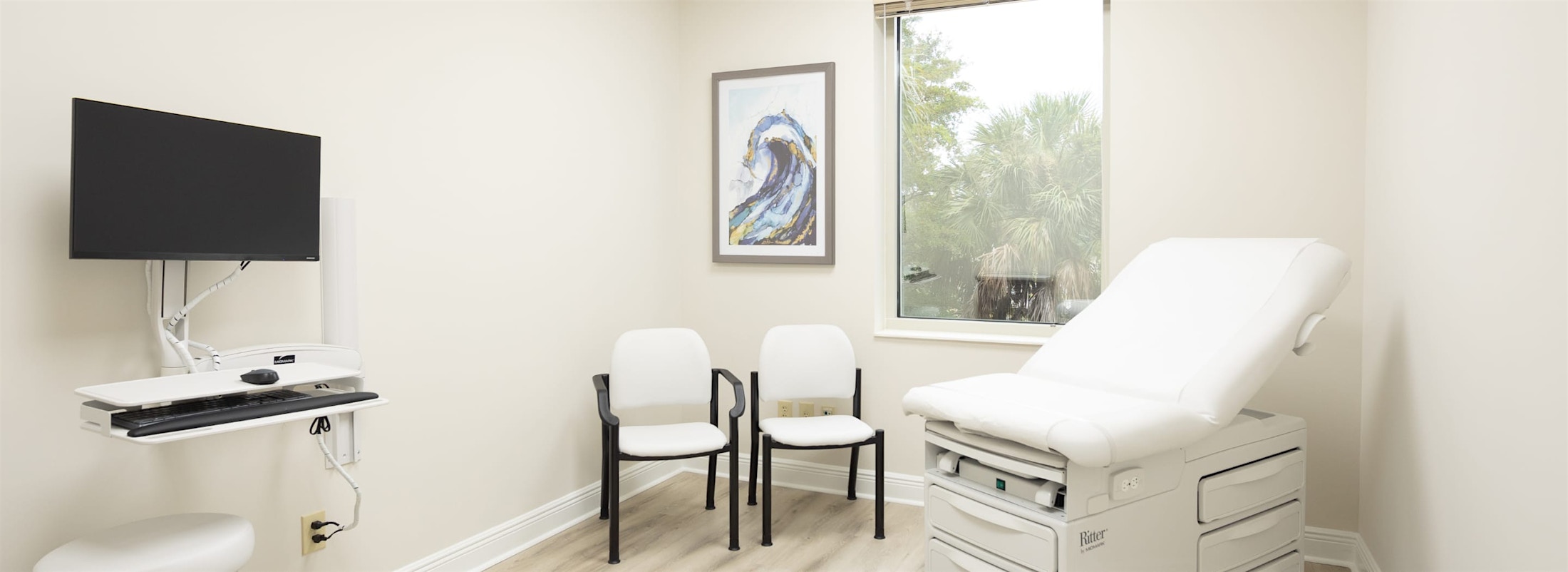With esophageal stenting, our expert physicians can help you manage dysphagia and make it much easier to comfortably swallow.
What Is Esophageal Stenting?
Esophageal stenting is a medical procedure performed to treat dysphagia by keeping the esophagus open and functioning properly. The esophagus is a muscular tube that connects the mouth to the stomach, but it can become partially obstructed for any of the following reasons:
- Cancer of the esophagus or the upper part of the stomach
- Narrowing of the esophagus due to an ulcer
- Narrowing of the esophagus due to radiation treatment
- An abnormal opening between the trachea and esophagus
- A hole in the esophagus








